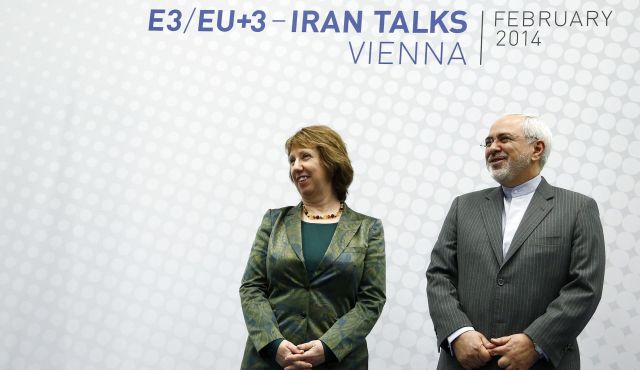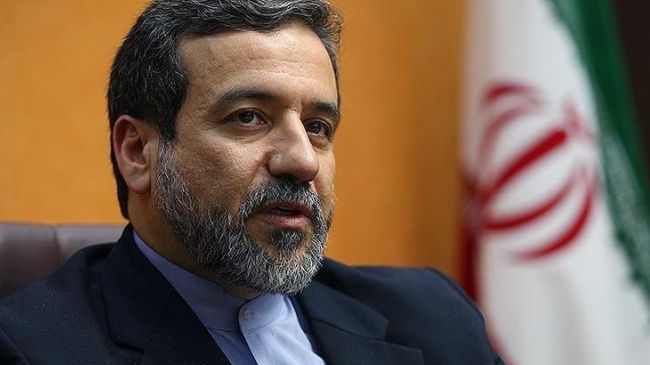The nuclear talks between Iran and world powers ended on Thursday with the date of the second round was set. However the Islamic Republic refused to discuss the missile program, saying this issue was a red line.
The nuclear talks between Iran and world powers ended on Thursday with the date of the second round was set. However the Islamic Republic refused to discuss the missile program, saying this issue was a red line.
"We had three very productive days during which we have identified all the issues we need to address to reach a comprehensive and final agreement," Ashton said after the parties met in the Austrian capital.
"There is a lot to do, it won't be easy but we have made a good start," Ashton told reporters.
"We have set a timetable of meetings, initially over the next four months with a framework to continue our deliberations," she said.
"Technical experts will meet in early March and we will reconvene for the next E3+3 political directors' meeting led by... (Iranian Foreign Minister Mohammad Javad) Zarif and myself on the 17th of March" in Vienna.
For his part, se
nior Iranian negotiator Abbas Araqchi said Thursday that Tehran has agreed on a framework for talks with world powers aimed at reaching a comprehensive nuclear accord.

"After two days of intensive talks, Iran and world powers reached an agreement on the framework and plan of action for the comprehensive nuclear talks," official news agency, IRNA, quoted Araqchi as saying.
IRNA quoted an unnamed source as saying the Vienna talks did not include Iran's missile program.
Iran laid out "red lines" related to its ballistic missile program, nuclear sites and uranium enrichment ahead of fresh nuclear talks with world powers.
The US lead negotiator in the talks, Wendy Sherman, last week told a Senate hearing that Iran's ballistic missile program would be addressed in the comprehensive deal.
The discussions between Iran and the United States, China, Russia, Britain, France and Germany aim to transform a landmark but only interim deal agreed in Geneva in November into a long-term agreement.
Under the November deal,which came into force on January 20, Iran froze certain nuclear activities for six months in exchange for relief from sanctions and a promise of no new sanctions.
The six-month deal expires on July 20 but can be extended, with the parties aiming to conclude negotiations and implement the final "comprehensive" deal by November.